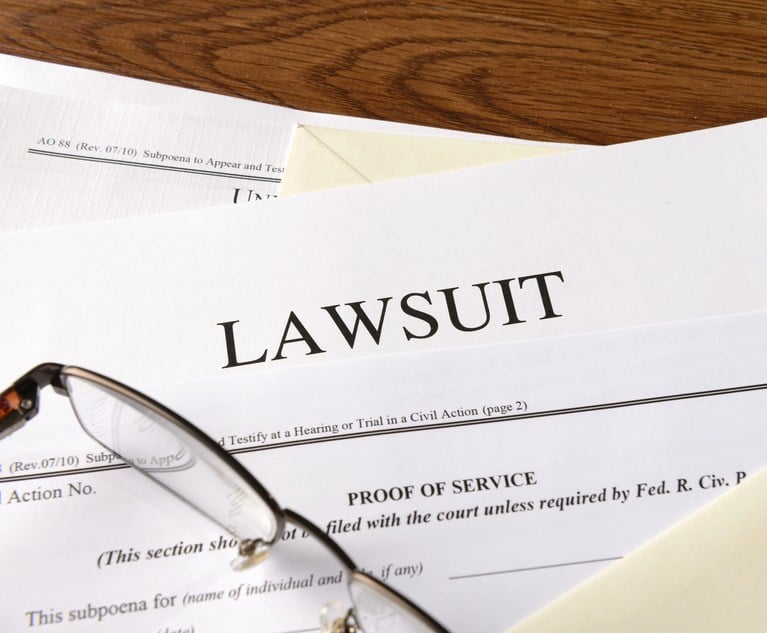A dramatic change in the executive branch position on Cuban sanctions recently led to a wave of litigation in the federal courts and could have broad implications for entities that conduct business in or with Cuba. In April, Secretary of State Mike Pompeo announced that Title III of the Helms-Burton Act would no longer be suspended, thereby allowing U.S. nationals to file lawsuits against any individual or entity that “traffics” in property expropriated by the Cuban government.
The Cuban Liberty and Democratic Solidarity (LIBERTAD) Act of 1996, also known as the Helms-Burton Act, bolstered the robust U.S. sanctions on Cuba. It sought to discourage foreign investment by prohibiting the indirect financing of transactions involving property confiscated from U.S. nationals. One of the main purposes of the act is to “protect United States nationals against confiscatory takings and the wrongful trafficking in property confiscated by the Castro regime.” Title III of the Helms-Burton Act establishes a private right of action for U.S. nationals against entities trafficking in property expropriated by the Cuban government since 1959. Title III defines “trafficking” broadly, imposing liability on individuals or businesses who “knowingly and intentionally” sell, transfer, dispose of or engage “in commercial activity, without the authorization of a U.S. national with a claim to the property.” In addition, Helms-Burton authorizes the president to suspend the right to file a lawsuit for successive six-month periods, thereby foreclosing U.S. nationals’ ability to seek damages for expropriated property. Until Pompeo’s April announcement, Title III had been suspended by successive administrations and had lain dormant.


 Dean Peter “Bo” Rutledge (from left), Katherine Marie Larsen and Miles Porter, University of Georgia, Athens. (Courtesy photos)
Dean Peter “Bo” Rutledge (from left), Katherine Marie Larsen and Miles Porter, University of Georgia, Athens. (Courtesy photos)




